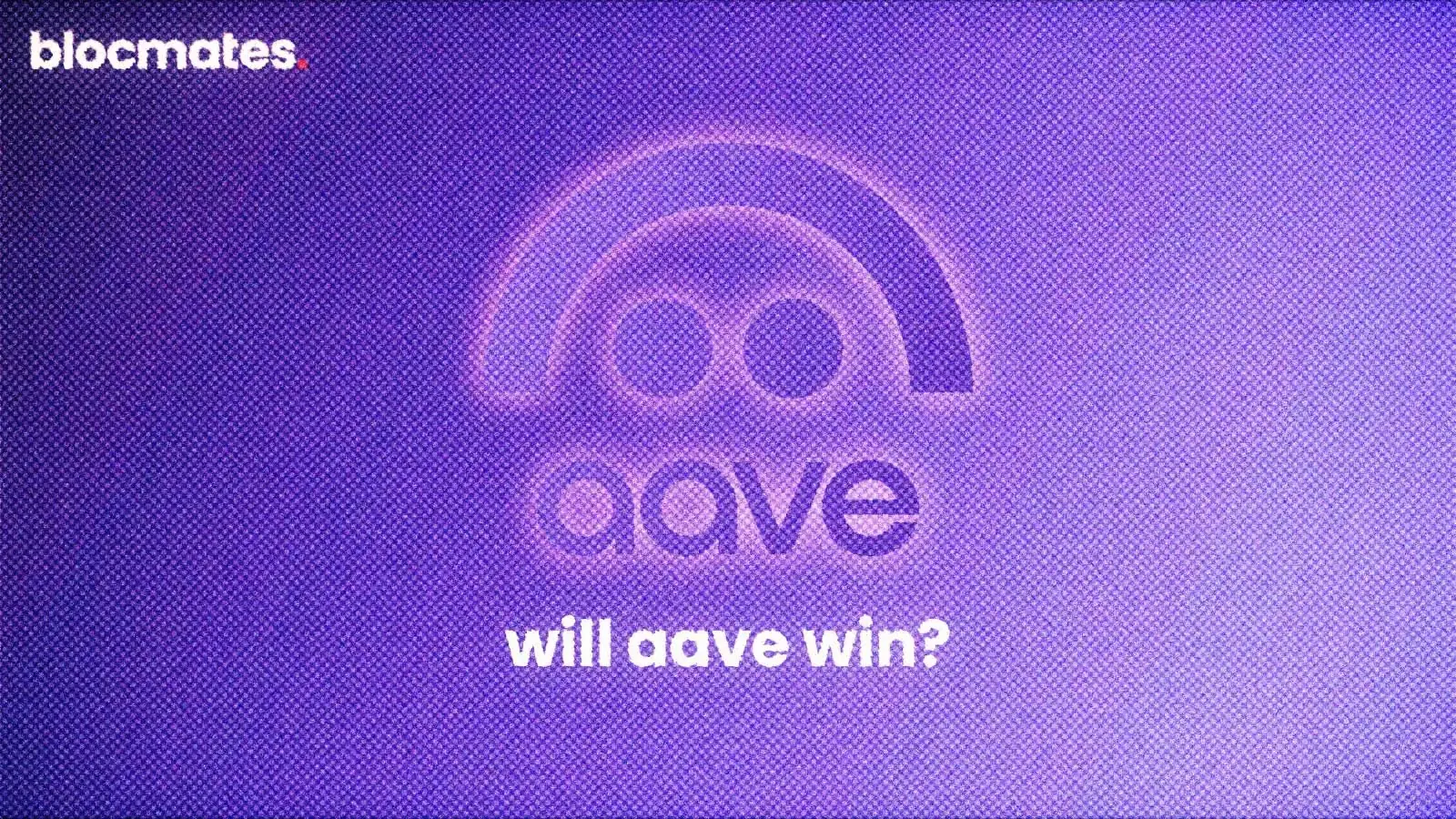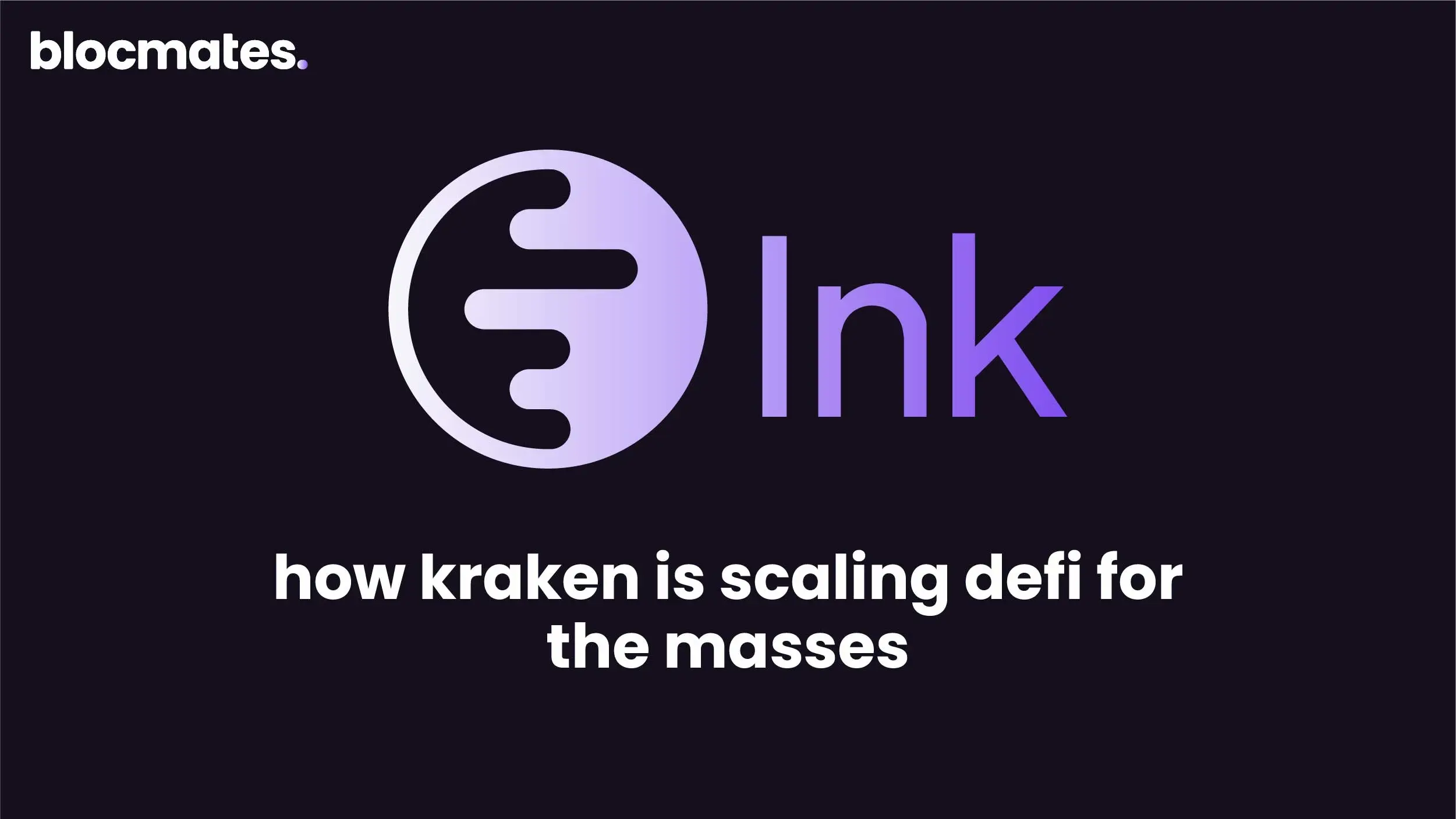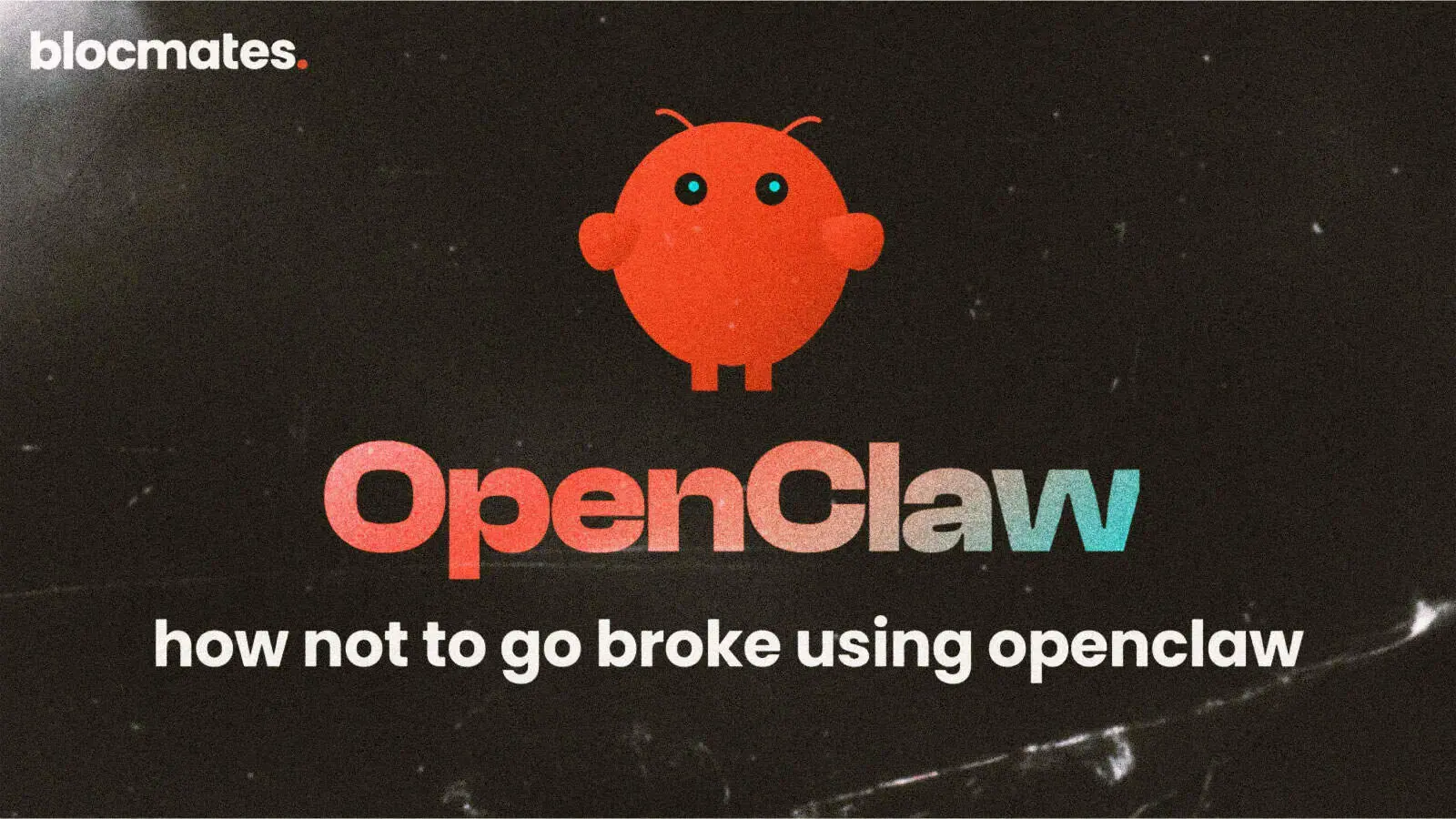The brewing space economy
For over 100 years, humans have fantasized about life in the stars beyond Earth's restrictions. From early science fiction films like 1902's "A Trip to the Moon" to modern sci-fi favorites such as the "Foundation Trilogy" (1951) and "Star Wars," we have watched, both fictionally and in reality, as these fantasies have become increasingly part of our current reality.

Space travel has transformed from a race between world powers to launch the first successful lunar mission to a playground for billionaire entrepreneurs like Elon Musk (CEO of SpaceX), Jeff Bezos (CEO of Blue Origin), and Richard Branson (CEO of Virgin Galactic). The private sector has also seen the rise of space-oriented startups like Astra and Rocket Labs.
Amidst these developments, the space economy has expanded voraciously. From the launch of Sputnik 1 by the Soviet Union, kickstarting "the space age," to the late 20th century, where GPS, television, radio signaling, and internet communications became possible, the space economy has grown exponentially.
In recent years, innovative space-based technologies like Starlink by SpaceX have emerged, valued at $180 billion, in just five years since its pioneer launch. We expect the space economy to become a multi-trillion-dollar industry in the coming years, akin to AI today.
We have watched, you and I, young padawan, as our world becomes more space-oriented. For the first time, we've been presented with an opportunity to become more than just spectators but participants and investors in this global movement.
At blocmates we’re always ensuring that you, our readers, are always on the bleeding edge. Today’s no different. So buckle up as we take you through this unique yet intriguing journey.

Vector Space Biosciences: Overview
In our premiere article on decentralized science, we talked about this novel crypto narrative, outlining how it's not just a bunch of degenerate scientists grinding through the night trading used car memes but a revised form of scientific research without all the hassles of traditional science. This was all in a bid to prepare you for what we have today, Vector Space Biosciences.
Sorry to burst your bubble, but this isn’t a company run by Gru’s arch-nemesis from Despicable Me.

Vector Space Biosciences is a biotechnology company that uses language modeling (generative AI) and scientific data engineering for the purpose of accelerating solutions in precision medicine for all mankind.
Uhm… what does this mean?
Our AI systems of today, like ChatGPT and AI chatbots, are under a class of generative AI called LLMs (Large Language Models) which can communicate using normal human language.
These LLMs are able to do this by processing large amounts of data, usually going into terabytes worth of text data. By feeding them this much data, they learn, by trial and error, the basis of sentence structure, how to put meaningful words together and predict the outcomes of sentences.
For example, in a sentence like
“The Sky is ______”,
These LLMs would test out various words to fill in the blanks and correct themselves by reviewing the right approach to these sentences until they could comfortably make predictions like “the sky is blue” or “the sky is cloudy.”
Machines, being machines, can not comprehend human language, so to be able to process these large data sets, they convert these text data into code in the form of “vectors.”
We can easily understand the text "I saw a cat," but our models cannot - they need vectors of features. These vectors could be numbers, meaning our text data is converted into numbers that are understandable by the language models, allowing them to process them and produce output.

Now, language modeling in AI could go beyond just generating human text or receiving human text as input. It could be visual objects broken down into pixels and finding patterns within these or protein sequences (as in the case of Biological Language Modeling) using amino acids as input vectors and finding patterns for new protein formations.
The plague of space travel
Picture a reality where Elon and his fanboys at SpaceX are finally able to launch a successful Mars mission. We cracked through the matrix, and life can now become multi-planetary. That’s amazing. We can now get liquidated on two different planets.
But there are new issues: the pioneer astronauts and super-rich people who are living on Mars begin to develop highly aggressive cancers and osteoporosis. It completely changes the ballgame.

In essence, one critical but often overlooked aspect of space exploration is the impact of space conditions on human health. The goal of sending humans to space for increasingly longer periods of time is contingent on our ability to ensure astronauts' health. This shows how crucial Space Biosciences are to technological innovation in general.
Let’s look at an example of this. Say SpaceX is running a nine-day lunar mission with a team of four astronauts, captained by Robert Downey Jr. This mission would have Robert and his team be in space for nine days, fully exposed to the harsh conditions of cosmic radiation and microgravity. Cosmic radiation, in simple terms, is high-energy charged particles originating from the sun and are composed of penetrating ionizing radiation. This cosmic radiation, when it comes in contact with living matter (in this case, Robert’s body), is capable of causing highly aggressive forms of cancer metastases, meaning faster-killing cancers. This big step for humanity leaves poor Robert with a really severe form of cancer and makes him prone to other diseases from just his stay in space.
If humans are ever to become a multi-planetary race, this relatively overlooked problem must be solved. The team at Vector Space Biosciences is combating this.
How VSB Solves our space problem

Vector Space Biosciences, at the forefront of this race, aims to discover countermeasures associated with diseases related to stressors during human spaceflight. These countermeasures can double as therapies, resulting in precision medicine for all mankind.
This involves finding cures for disease conditions in space to save us, and our astronauts if we eventually go to space while using said cures for diseases on Earth. Killing two birds with one stone.
How do they intend to do this? I call this the tribrid approach:
VSB is basically a three-faceted company combining AI and space biotechnology with a sprinkle of decentralization. This is also evident in how they approach this problem.
- AI Lab: Specializes in using biological language modeling, protein sequence matching and advanced visualizations in creating countermeasures for diseases related to space flight.
Protein sequence matching applies language modeling in a new way. Where regular text-based LLMs like ChatGPT accept text data as input, these biological language models use amino acids as input data.
There are a limited number of amino acids (about 20) in existence in plants and animals. These amino acids are combined in different patterns and shapes to form protein sequences.
Just like in regular LLMs, these biological models are fed a large amount of protein sequence data, allowing them to learn and master the various amino acid patterns in already existing proteins and thus create new ones from these, thoroughly accelerating scientific research.
These “new proteins” can be used in already existing drugs for “drug repurposing,” increasing the efficacy of these drugs and discovering new use cases for them which can be applied in finding solutions to these diseases of spaceflight (e.g. DNA damage, cancers, muscle atrophy, etc) and improve drug treatment on the ground.
- CubeSat Design and launch: Vector Space Biosciences sends out what is known as a CubeSat, a form of mini satellite that contains tissue, into LEO (low earth orbit) that transmits data back to their team on the ground. The retrieved data is augmented with biomedical data to discover potential relationships across a vast array of biological data to enable biotechs, big pharma, and advanced materials customers to conduct experiments in microgravity and radiation, resulting in better efficacy for drug development.
This innovative method transcends conventional databases and captures tissue changes at a much faster rate than possible on Earth. This is because space, in a sense, is like a natural lab; there is a faster rate of progression of diseases and aging. This feature can be leveraged with the help of CubeSats for running faster and more accurate experiments leading to accelerated breakthroughs in biotechnology and pharmaceuticals.

3. Biosciences Lab:
They enable and advise biotechs, pharmaceuticals, and advanced material research customers on experiment designs unique to microgravity and radiation, resulting in better efficacy for drug and material development. Now, we are mere apes who certainly aren’t qualified to explain the specifics of this, but you can find more information here.

The sheer diversity of this company provides them with an array of opportunity prospects in various industry settings, including but not restricted to:
- Biotechnology companies: The global biotechnology market was estimated at $1.38 trillion in 2023 and estimated to be way more in 2033. Capitalizing on their biological CubeSats, could siphon a percentage of this market share.
- Pharmaceuticals ($516.6 billion industry size as at 2022): Drug repurposing via generative AI in sectors like oncology or neuro degenerative diseases e.g Alzheimer’s and Parkinson’s disease.
- Academic/Research institutions: VSB’s collection of datasets can serve as very useful in academic institutions that can apply their data for groundbreaking research.
- Space Launching ($14.5 billion in 2022): The growing space economy is a branch of technology still budding and grossly undervalued. Asides from just CubeSat launches, VSB making waves in providing solutions to conditions caused by microgravity and cosmic radiation accelerates the possibilities of interstellar space travel by a fair margin.
I thought this was a crypto company?
You must be wondering now where crypto comes into all of this, considering we’ve been yapping on and on about science.
Remember our old pal DeSci? Well, VSB slots perfectly into this sector.
Decentralized Science
A major issue with scientific research in general is protecting Intellectual Property Rights.
VSB mitigates this by adopting an open-science approach to research. The fastest way to accelerate discovery is to let people brainstorm, share as much as they can on the topic in question, not “gatekeeping” knowledge, this is what open science achieves.
Scientists don’t have to bother about getting front-ran on their research by putting out their research onchain providing immutability and proof of work on the blockchain.
Another major issue is funding. The typical Silicon Valley founder spends 40-60% of their time raising funding.
Imagine we didn’t have to endure these hurdles; maybe we’d have had a time machine by now.
Again, crypto comes to save the day by letting scientific founders raise funding for their projects faster, more transparently, and with fewer hiccups than in traditional science.
So, where does VSB fit in with the broader market?
With OpenAI’s tremendous breakthroughs with GPT-4, Nvidia’s big boom in GPU sales, and AI hardware scaling as a whole, AI is currently the “hot thing,” and virtually every tech mogul and startup is desperate to get into this AI fun.
The team at VSB has been building on biological language models and generative AI for about a decade now, long before OpenAI’s ChatGPT became a thing. Their wealth of knowledge and experience in space biosciences and drug repurposing puts them far ahead of any potential competitors in this niche market.
They are in a good place right now, and if they play their cards right, which they are, they have a crazy amount of upside based on these conditions.
Tokenomics
$VXV: FDV(40-45M); Total Supply: 50M
Utility token for Vectorspace AI, a subsidiary company of VSB, more like how google is a subsidiary of Alphabet.
Its sole purpose is maintaing data set provenance and security onchain. Data sets are the fuel that control AI, meaning these data sets have to be effectively secured to prevent compromise of the AI systems they power.
How do you do this?
By hashing these data sets and securing them on-chain. This is what $VXV does, meaning that for anything VSB offers to their clientele (e.g., pharmaceutical companies) in the form of datasets, $VXV would be required to facilitate this process.
$SBIO: FDV($25-30M); Total Supply:100M
SBIO is the official security token of Vector Space Biosciences, the parent company of Vectorspace AI.
SBIO is a way the team at VSB pays back its community for believing in their company. By employing a hybrid company model, being a traditional Silicon Valley startup with a crypto arm, SBIO aims to be a fully regulated parent company, providing equity to stakeholders and shareholders.
SBIO is on the fast track, having completed 30% of its US SEC registration and consolidating its positions on LBank Exchange, Probit Global Exchange, and Coinbase Wallet.
TL;DR: If you purchase $SBIO, you are an investor and own a small portion of VSB. You own a small equity position in humankind and the space industry as a whole.
Team and Community

A wealth of experience is an understatement to the portfolio this team has to offer in biological language modeling and Space biosciences as a whole. Over a decade’s worth of experience in language modeling.
They collaborated with Lawrence Berkeley Lab’s biosciences division (2002) and founded various startups from 2009 to 2016 based on research at Lawrence Berkeley National Lab before founding Vectorspace AI (2017) and pivoting to Vector Space Biosciences in 2021.
- Kasian Franks — Founder and CEO
- Ahmad Altahan — Managing Director
- Magnus Andersen — Head of Engineering
- David Curtner — Head of Strategy
That’s on top of partnerships and collaborations with Nvidia, Oracle, SpaceX, Microsoft Zure Space, NASA, and more. We could go on, but you get the picture – these guys aren’t messing around, anon.
Final thoughts
Kam Ghaffarian, co-founder of Intuitive Machines and Axiom Space at an interview at the Space symposium in Colorado said and strongly believes we’ve barely scratched the surface of the potentials of the space economy, as well as Space biosciences. The marketing potentials in this are huge.
I genuinely believe this is something to look out for. Maybe it’s the medic in me truly fascinated at the ideas VSB has been brewing for years but yes, this is a truly interesting technology.
On the crypto arm, decentralized science is still a buzzword, but the protocols, or in this case, companies planning to utilize this tech are more legit than the majority of protocols I’ve seen in the space.
Is it accessible for regular degens for you and me? Well, we’re both yet to find that out but I believe this a niche worth keeping tabs on. I see this as a potential opportunity to invest in space travel, investing in the future of humanity.
Hope you enjoyed the read, Space Cowboys!


































.webp)

.webp)
.webp)

%20(1).webp)



























































%202.webp)


.webp)

.webp)
.webp)
.webp)


.webp)
.webp)

.webp)
.webp)
.webp)


.webp)
.webp)










.webp)


.webp)









.webp)







.webp)




.webp)


























.webp)







.webp)















.webp)

.webp)
.webp)

.webp)














.webp)

.webp)


.webp)








.webp)




